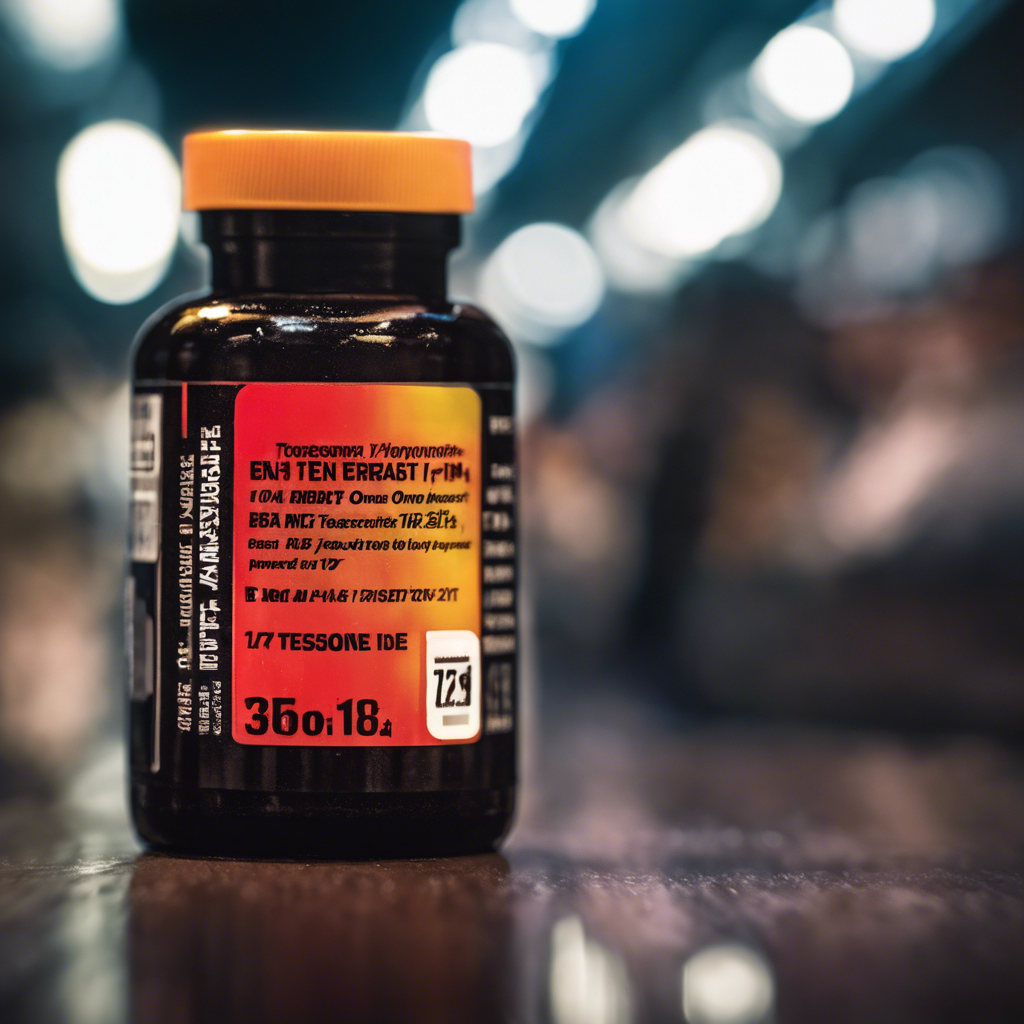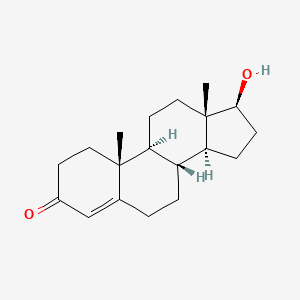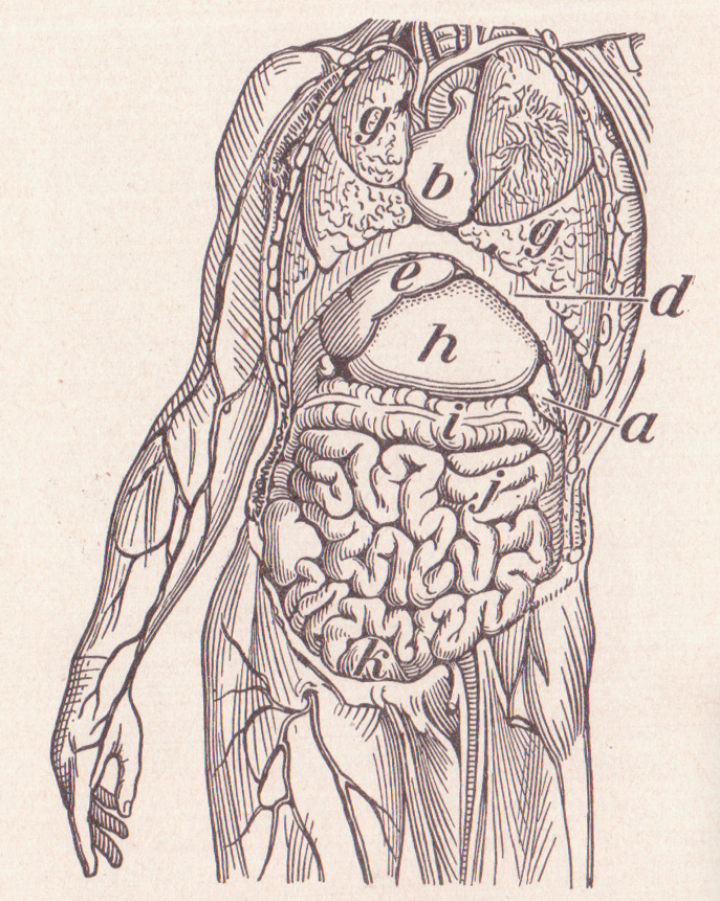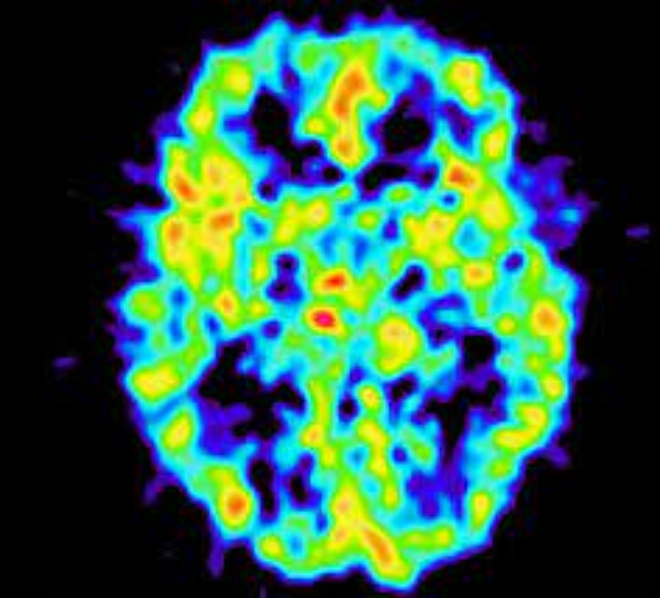|
Name: testosterone (17-beta-hydroxyandrost-4-en-3-one)
Type: Androgenic steroid
AKA: Android-T, Androlan, Depotest, Delatestryl

|
|
II. Natural Derivative
Synthetic substance, no natural derivative

|
|
III. Chemical Profile (IUPAC name)

|
|
IV. History
Testosterone, a naturally occurring steroid hormone, was first synthesized in the 1930s. It is crucial for muscle growth, bone density, and overall health. Testosterone therapy has been used to treat various conditions, including hormonal deficiencies and muscle wasting. The compound's use is tightly regulated due to its potential for abuse and health risks.

|
|
V. Legal Information
Testosterone, a primary male sex hormone, is classified as a Schedule III controlled substance in the US, making it illegal without a prescription. It is similarly regulated in many countries. The World Anti-Doping Agency (WADA) prohibits its use in competitive sports. Regulatory bodies enforce strict measures to prevent misuse while allowing medical use for hormone replacement therapy.
US Federal Schedule - III
Schedule III drugs, substances, or chemicals are defined as drugs with a moderate to low potential for physical and psychological dependence. Schedule III drugs abuse potential is less than Schedule I and Schedule II drugs but more than Schedule IV. Some examples of Schedule III drugs are: products containing less than 90 milligrams of codeine per dosage unit (Tylenol with codeine), ketamine, anabolic steroids, testosterone.
Key US Federal Policies:
Controlled Substances Act. Public Law: Public Law 91-513 (text can be found on GovInfo) (https://www.dea.gov/drug-information/csa). Date enacted: October 27, 1970.
|
|
VI. Physical Effects
Testosterone is an anabolic steroid that promotes muscle growth and secondary sexual characteristics. It can increase muscle mass, strength, and aggression but may also elevate heart rate and blood pressure. Short-term effects include improved physical performance, while long-term use may cause cardiovascular issues, liver damage, and hormonal imbalances. Overdose risks include severe health complications. Safe use requires medical oversight. Recent research highlights its benefits and associated risks.  |
|
VII. Psychological Effects
Testosterone, a natural anabolic steroid, influences mood, aggression, and cognition. Immediate effects include increased confidence, mood elevation, and enhanced focus. Long-term use, especially in supraphysiological doses, can lead to anxiety, depression, and increased aggressive behavior. Chronic use is associated with cognitive impairments and potential mood disorders. Recent research indicates anabolic steroids can lead to structural brain changes.
 |
|
VIII. Culture
Testosterone, a primary male sex hormone, is used in hormone replacement therapy and for performance enhancement. Its significance extends from its role in human development and health to its use in sports and bodybuilding. Historically, testosterone has been associated with masculinity and physical performance. In modern culture, its use in medicine addresses conditions like hypogonadism, while its misuse in sports has led to numerous doping scandals. Media often discuss testosterone in the context of gender health, aging, and the ethical implications of its use in competitive sports, reflecting broader societal attitudes towards hormone therapy and performance enhancement.
 |
